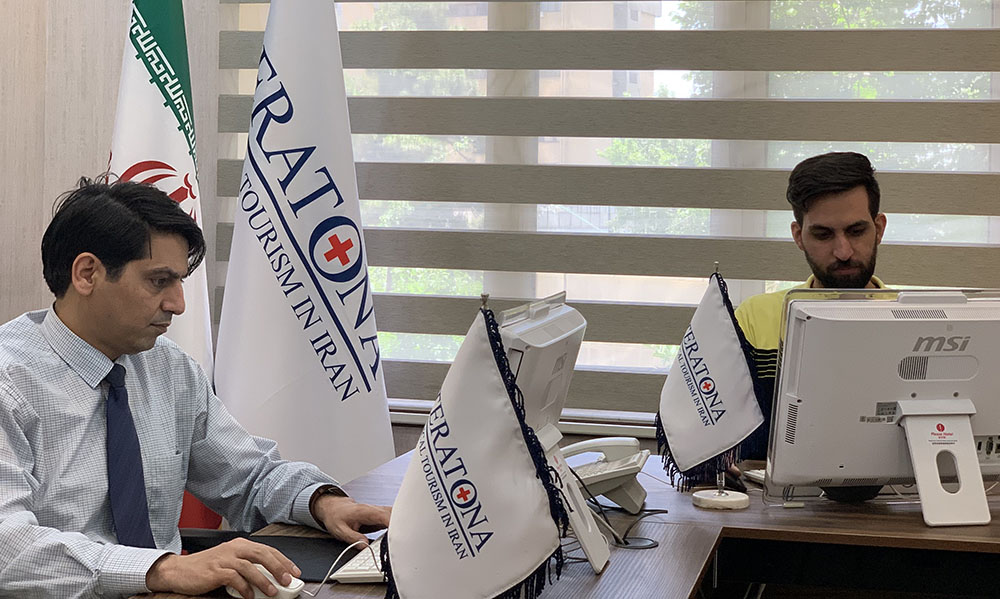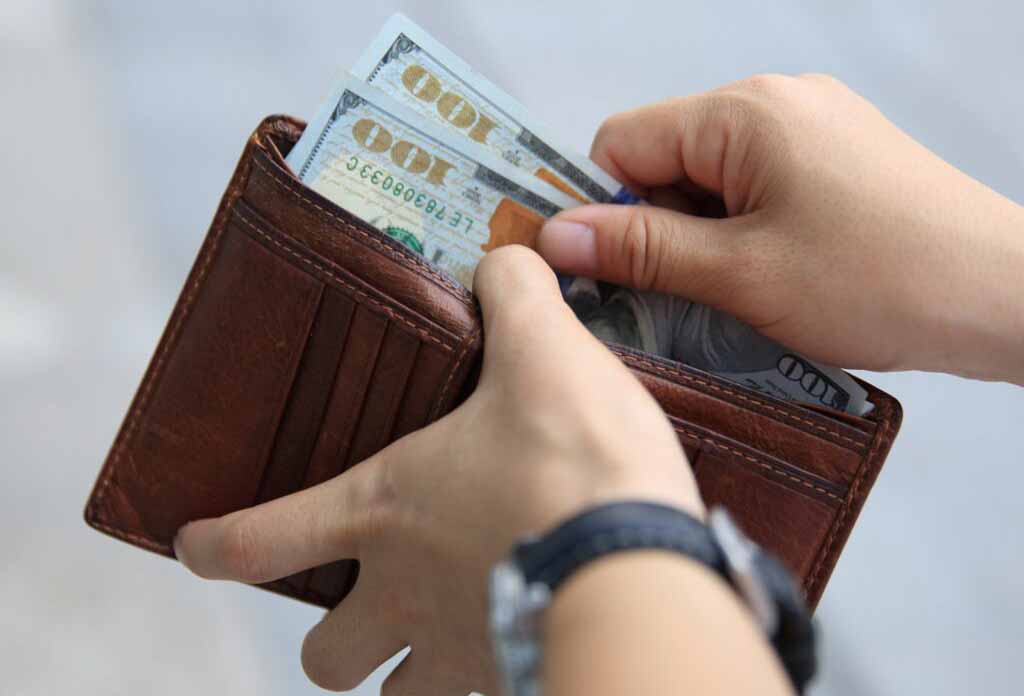Preparing for Liposuction Surgery, Before surgery, you may be asked to:
Do some tests that assess your health.
Taking some medications or replacing the medications you are currently taking.
Quit smoking (About two weeks before surgery).
Avoid aspirin, herbal medicines and blood thinners.
Surgical Stages
What Happens During Liposuction?
First Stage – Anesthesia
For not feeling any pain during liposuction surgery, your doctor uses anesthetic drugs. Depending on your physical condition, your surgeon will choose one of the anesthesia methods such as local anesthesia, general anesthesia or intravenous injection for your liposuction. He will certainly choose the best method for you.
Second Stage – Surgical Incision
In order to perform liposuction, surgeon makes a small, invisible incision at the area.
Initially for local anesthesia, a diluted sterile is injected to reduce bleeding and trauma. surgeon then inserts a thin and hollow tube called a cannula through the incision and removes the excess fat from the body with a surgical vacuum and a cannula syringe.
Why considering liposuction as your option?
You want to have a fit body and look slimmer.
You want small incisions that result in smaller scars, Instead of open surgery with big scars
It can be performed under anesthesia with less risk and shorter time operations
Liposuction Surgery: preparation, instructions and procedure
You will be asked to stop smoking and to avoid taking certain vitamins and medications that can cause bleeding, such as aspirin, ibuprofen and vitamin E. You will be given other preoperative instructions and the medications you need to take after the operation. For your convenience, doctor recommends that you take the prescribed medication a few days before the operation. Usually, liposuction requires either an overnight stay in the hospital or an outpatient procedure. If you have an outpatient procedure, you should arrange for someone to accompany you home and stay with you the first night after treatment.
Your operation is performed in a hospital or clinic. Your doctor will mark your skin before surgery (sometimes, one day before surgery). Antibiotics are also injected during surgery. This operation takes 2 to 4 hours and to do it. First, a few small incisions are made and insertion and suction work on desired areas are performed. Absorbable sutures are used to close the incisions. A layer of foam is placed on the treatment site, which is secured in place with a compression bandage.
After the surgery, you will be taken to the recovery room, where you will be closely monitored. You will be given painkillers to prevent pain and discomfort. You will be discharged after a few hours, unless it requires you to stay overnight in the hospital.
After Liposuction Surgery
The day after surgery, you will feel a little pain. You will be prescribed painkillers, but you will need them less and less in two weeks. Start taking prescribed medications and supplements the day after surgery. You should also see your doctor again during the first week.
If you wish, you can take a shower the day after the operation. Of course, you have to cover the cuts with adhesive tape. These adhesive tapes should remain in place for two to three days and then be removed. It is better to change the foam under the compression band and use it up to 48 hours after the surgery.
Liposuction is performed in different ways:
Solution Liposuction (Thomson)
Liposuction with suction (suction assisted)
Power assisted liposuction
Ultrasound assisted liposuction
Laser liposuction (lipolysis)
Suitable candidate for liposuction
People who are not obese but have some excess fat in some areas of their body.
People who have not been able to achieve their ideal body shape with exercise and diet.
Those who do not have extra skin and their skin is well elastic; otherwise, after liposuction, another operation called abdominoplasty will be needed.
People who do not smoke and have trained muscle
Who is not suitable for liposuction?
Obese people who are overweight in all parts of the body.
Smokers
Those whose immune systems are weak.
People with diabetes, low blood circulation, cardiovascular illnesses, and epilepsy and so on.
Post-Liposuction Care
Smoking is associated with narrowing of blood vessels and dysfunction of the blood, and ultimately insufficient oxygen supply to the tissues for repair; for this reason, it is recommended to avoid it for some time after liposuction; it is also best not to be exposed to smoke.
Taking some medications; Including aspirin, warfarin, etc., cause blood clotting disorders and increase the risk of bleeding; So do not use these medicines for a while.
Alcohol is another factor that increases the risk of bleeding; For this reason, you should avoid using them during the recovery of liposuction.
Accelerating recovery and shortening the recovery period require timely use of medications prescribed by your doctor; so be very careful about this.
Going to the pool, sauna, sea and the like increases the risk of infection; Therefore, you should refrain from going there until the wounds are completely healed.
If abnormal symptoms are observed, inform your doctor immediately, including fever, shortness of breath, severe pain, etc.
During sleep and rest, position yourself so that no pressure is applied to the area being treated, sleeping in an open arch is best.
Try to rest more and avoid too much activity on the first day.
Bathing after 48 hours is not a problem, but using a bathtub is prohibited until the wounds close.
The holes will close in 3-5 days.
Walking from the second day is very useful.
If you have severe shortness of breath, loosen the bandage slightly first, and consult your doctor if shortness of breath persists.
Tell your doctor if you have tingling around the lips, difficulty speaking, ringing in the ears, fever, and swelling at the suction site.
Swelling of the genitals, especially in men after abdominal suction, is normal and will go away. Do not use tight support like a swimsuit and rest more. Consult your doctor if this problem bothers you.
Use the medications prescribed by your liposuction surgeon exactly.
Diet after Liposuction
If you are obese, it is best to follow a low-calorie diet under the supervision of a nutritionist.
If your body is fit, still avoid starchy foods such as pasta, rice, potatoes as much as possible. Consuming high-calorie foods such as sweets, ice cream, chocolate and high-fat foods are all fattening. Frying food causes it to become high in calories and obese.
It is very useful to use vegetables with bulky and filling foods and fruits.
Exercise is an integral part of liposuction, after a week to 10 days you can start exercising.
Important points before liposuction surgery.
If you are determined to have liposuction surgery, be sure to consult with your surgeon before performing it, and receive the necessary prescription and instructions from your doctor.
The night before surgery and the morning of surgery, be sure to take a shower and wash your body with antibacterial soap such as (TCC).
Tell your doctor and ask for a test if you are taking certain medications or have certain medical conditions, such as diabetes, epilepsy, high blood pressure, heart disease, thyroid, anemia or asthma, or if you have a drug allergy.
Tests are usually not required for people under the age of 40 who do not have any disease.
Preferably avoid vitamin E and regular painkillers such as aspirin for a few days.
Eat a light dinner the night before surgery.
Prepare a suitable gauze or bandage according to your doctor.
Frequently Asked Questions about Liposuction
How to lose weight by liposuction?
It is important to understand that liposuction is not a way to lose weight and you should be close to your ideal weight before starting treatment. It is said that there are no restrictions on fat in liposuction. However, it is necessary to distinguish between total lost fluids and fats (called aspirate) and total removed fats. Plastic surgeons often refer to aspirate when discussing volume.
Does liposuction help reduce cellulite?
No, liposuction is a surgery for reducing fat. Cellulite is caused by fibrous bands that pull the skin down. Liposuction does not remove these bands. Patients with cellulite may combine liposuction with other cosmetic treatments.
Are there any scars after liposuction surgery?
Because your surgeon uses a fine and tiny cannula to suck fat cells, the incisions required are very small, usually only a few millimeters. These do not carry any significant scars. Your doctor will also place the incisions in the most appropriate area as possible, and the medical team will provide you with the precise instructions to ensure a quick and fine-looking recovery.
If my abdomen is loose, do I need liposuction?
Liposuction cannot change the loose skin significantly. If the fat under your skin has caused the skin to stretch, liposuction will highlight the appearance of sagging. If this happens, you may want to consider another method of contouring your body, such as an abdominal lift.
Women who want to improve their appearance after pregnancy and breastfeeding often choose abdominal surgery because it can remove some fat deposits and tighten loose skin.
What is the difference between liposculpture and liposuction?
Liposuction and liposculpture are two cosmetic procedures that are performed thousands of times throughout the year. While similar, these two cosmetic surgeries have a few unique differences. If you are exploring the benefits of either surgery, then it is important that you understand these subtle differences.
What is Liposuction?
Liposuction is often referred to as “lipo.” It is a cosmetic surgery that is designed to slim and reshaped specific areas of the body by reducing and removing excess fat deposits. A skilled cosmetic surgeon can improve a patient’s body contours and proportions through liposuction. Liposuction techniques are often used on: thighs, hips, buttock, abdomen, neck, chin, upper arms, and lower legs.
What Is Liposculpture?
While in the same “cosmetic family” as liposuction, liposculpture is a more advanced cosmetic surgery. Liposculpture is designed to perform more excessive body contouring through the removal and reshaping of fat deposits. It is used to enhance the definition of muscles and remove fat from problem areas, such as the stomach, neck, and chin.
Liposculpture is a derivative of liposuction. They are often used synonymously. Liposuction strictly means to remove fat cells from a certain area, sort of like “debulking” the area of fat. On the other hand, liposculpture is aiming at removing fat in areas to sculpt the body. A good example of liposculpture would be where the surgeon carves out and defines the existing rectus abdominis muscle to reveal the “6 pack” or “washboard abs” or fat injection in the buttock or breast.
Despite the apparent differences, whenever a surgeon performs liposuction or liposculpture, the overall aesthetic outcome should be a priority. Taking out maximal amounts of fat does not often equate to maximal aesthetic results. Show-Less





